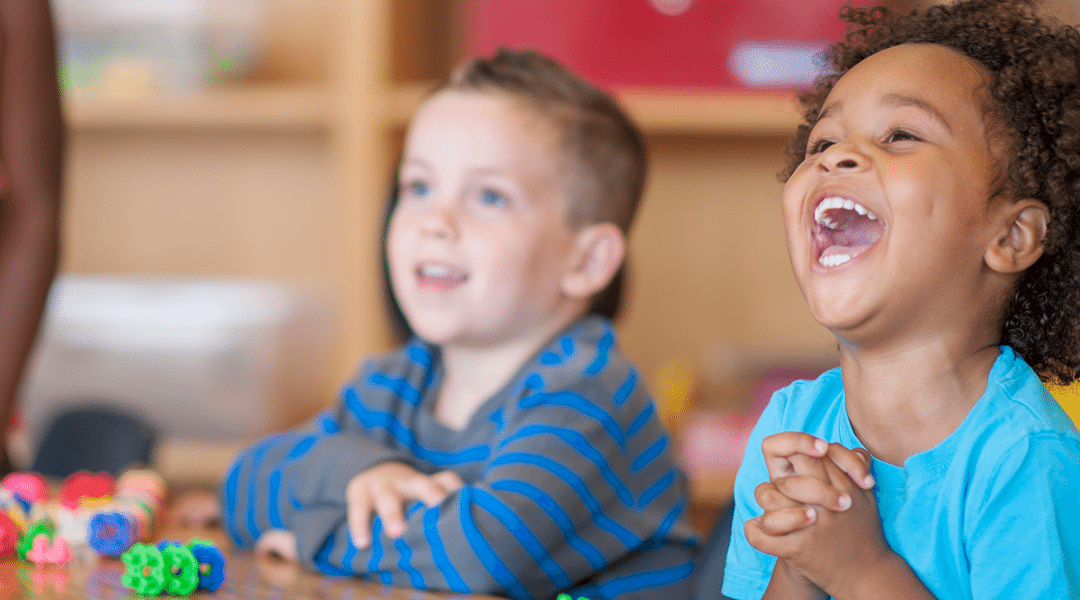Children are entering kindergarten with stronger math and literacy skills, a recent report shows. These gains seem to be due to investments in improving the quality of early childhood programs, such as HeadStart. Stark gaps still persist between students based on race and socioeconomic status, though all groups have made progress. Behavioral outcomes did not show improvement, and some measures actually declined. The report compares kindergarteners from 1998 to those in 2010.
Researchers said that the gains amount to about 17% of what the average kindergartener learns in math and reading. Schools should take notice and adjust their curricula to ensure that all students are receiving rigorous instruction that builds on what they already know so that such gains are not lost.

Source: Bassok, Daphna, and Scott Latham. “Kids Today: The Rise in Children’s Academic Skills at Kindergarten Entry.” Educational Researcher 46, no. 1 (2017): 7-20.
Black students saw the greatest improvements, with an increase of 12% to 25% of students deemed “high proficiency” and a drop from 69% to 54% of students deemed “low proficiency. Hispanic students saw an improvement of 10% to 18% of students who were “high proficiency” and a 10 percentage-point drop in students who were “low proficiency.” In comparison, white students saw a 9% gain in “high proficiency” and 8% drop in “low proficiency.” The achievement gap across K-12 education is largely present before students even step foot in a school, so reducing these differences between students should ultimately result in more equitable outcomes later in life, as well.

Source: Bassok, Daphna, and Scott Latham. “Kids Today: The Rise in Children’s Academic Skills at Kindergarten Entry.” Educational Researcher 46, no. 1 (2017): 7-20.
Students haven’t necessarily been participating in preschool at higher rates, but the authors point to improvements in the quality of early childhood programs, such as HeadStart, as possible reasons for the gains. Other studies have documented improvement in activities that parents do with their children, such as reading at home or visiting zoos and museums.
While academic indicators showed improvement, behavioral outcomes did not enjoy such gains. Students were rated at similar levels as before in self-control and interpersonal behavior, but had worse outcomes in approaches to learning, which includes “children’s eagerness to learn, along with their ability to work independently, persist in completing tasks, and pay attention.” While the cause for this is uncertain, the authors point to an increase in seat work and a decrease in play-based activities for kindergarteners as a possible cause for the teacher-assessed rating change. Others have shown concern that children are losing the opportunity for self-selected activities, which promote a love of learning and social skills.
We applaud the work done by thousands of parents and early childhood educators to prepare students for school. We should continue to make investments in children, ensuring that all students have the opportunity to grow academically in the most developmentally appropriate way possible. We should also capitalize on the gains made in the early years by ensuring that they continue to grow throughout their K-12 education.

